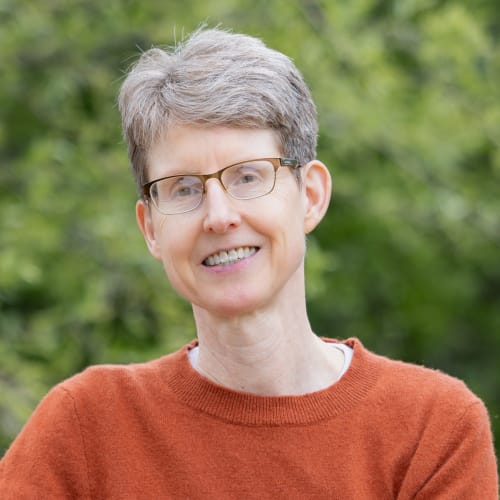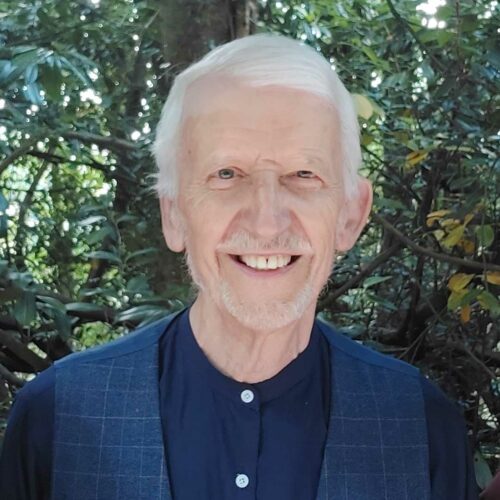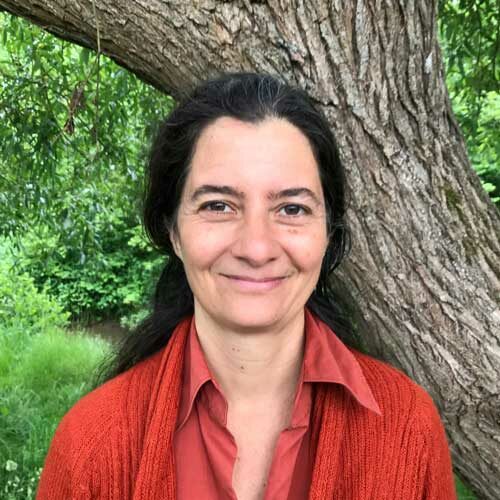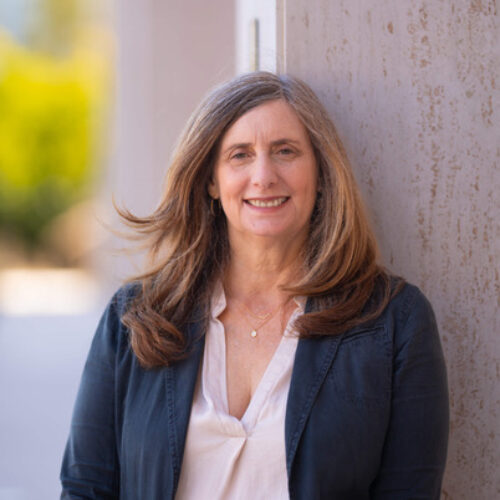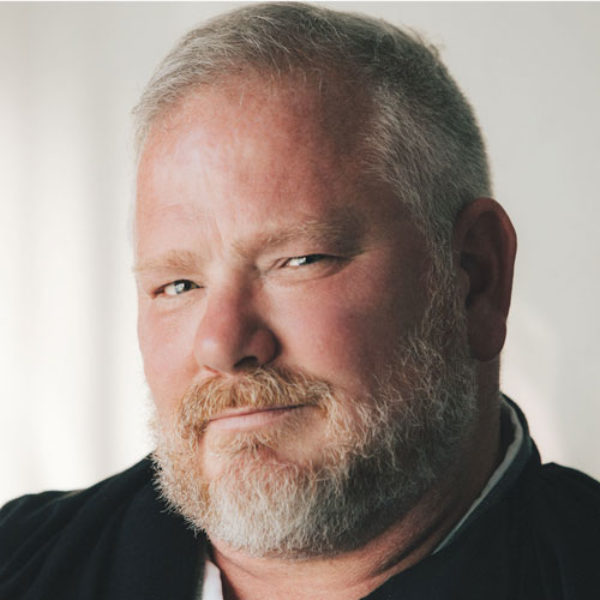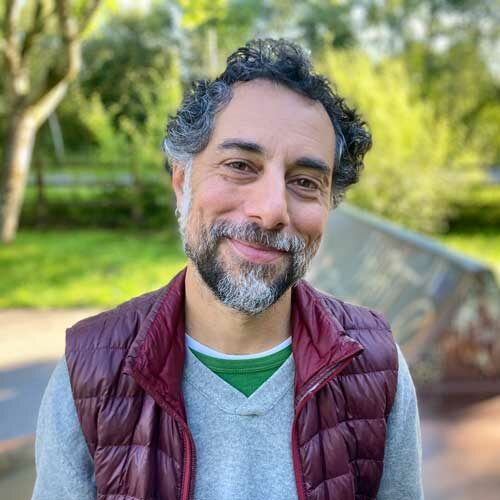We are deeply conditioned to blame; it’s a survival strategy. Though it can feel necessary, maybe even fruitful to part of us, blaming arises out of suffering, and leads to more suffering. The process of blame is not required but we don’t always know how to put it down. How do we let it go?
With Caverly Morgan recorded on December 5, 2021.
Found our teachings useful? Help us continue our work and support your teachers with a donation. Here’s how.
Discover more from the Dharma Library
-

Clear Presence, Sweet Absence
Recorded :
March 1, 2020 Dharma practice encourages us to see the present moment clearly – to meet and respond to it well. What is here in this moment? Another dimension of practice is to learn to appreciate absence: What is this moment free from? Having skill in both these dimensions brings us closer to the joy and peace that…
-

The reality and experience of inner spaciousness
Recorded :
November 11, 2018 A sense of spaciousness is needed for inner change but the person of history obstructs the space that is always there. As our practice deepens space starts to replace self images. The more we are embodied and present, timelessness and space become more experientially available to us. The now starts to stretch and become wide…
-

Daily Meditation Recordings, with Christopher Titmuss – Week of June 22
We’re fortunate that Christopher Titmuss has generously offered to lead our daily meditation sessions for Europe and the UK this week. To find out more about Christopher, and view his other recordings on the platform, click here. Monday, June 22 The power of listening Wednesday, June 24 Love Friday, June 26 Choices and decisions Tuesday,…
-

Daily Meditation Recordings, with Zohar Lavie – Week of February 7, 2022
This week’s theme is: Finding Happiness and Wellbeing on the Path
The understanding of how dukkha is conditioned and constructed lies at the heart of Dharma teachings. Dukkha and wellbeing are in relationship with each other; the abandonment of the causes of dukkha leads to wellbeing. The nourishment of the causes for wellbeing decreases dukkha. During this week we will explore our capacity to uncover and develop wellbeing through our practice, in ways that enrich our lives.
-

Daily Meditation Recordings with Christopher Titmuss- Week of September 9, 2024
This week’s topic is “The Changeless. Knock, knock on Heaven’s Door”. Conventional human experience reveals the subject and the object. The object includes, mind/body/things/world/time/space and here and now. All of these are subject to change. The subject includes consciousness, perception, awareness, attention, mindfulness, I and my. All subject to change. We might conclude true reality reveals change. Can realisation of the changeless make easy the navigation of change?
-

The spectrum of awareness practices
Recorded :
April 15, 2018 This session explores different ways in which attention works and associated meditation practices: from focused awareness, to flexible awareness, to natural awareness. We do a number of fun experiential practices in hopes of understanding a variety of ways to meditate and how we can refine our own practice.
-

Living by Vow
Recorded :
November 1, 2020 If we start with the understanding that everyone is living by vow, how can we examine what vows we are following and change to follow the ones that lead to liberation?
-

The Whole of the Holy Life: Celebrating Buddhist Community on Māgha Pūjā 2567
Recorded :
February 25, 2024 This weekend is the Buddhist full moon ritual known as Māgha Pūjā, one of the three great festival days in the Theravāda Buddhist calendar, also known as “Saṅgha Day,” celebrating the spiritual community. The tradition remembers a day when the first 1,250 arahant (fully awakened) disciples all spontaneously returned from their travels and came together with the…
